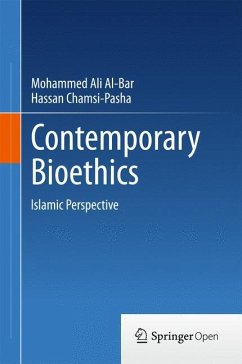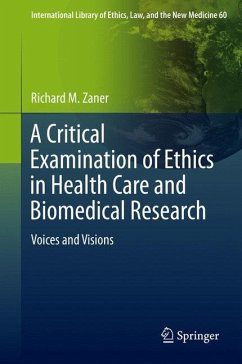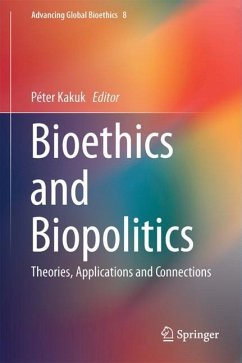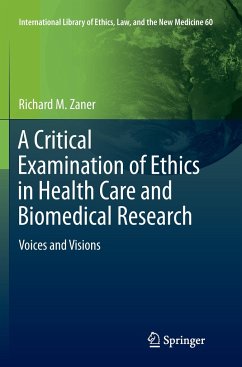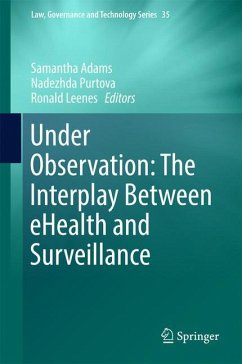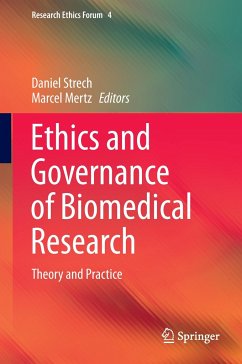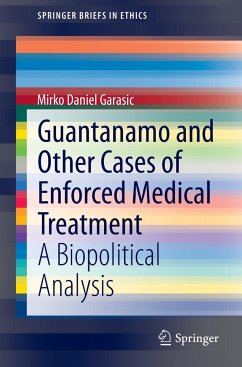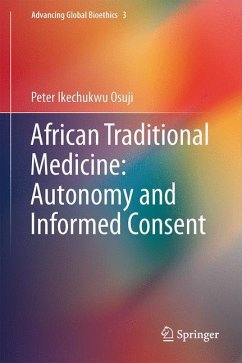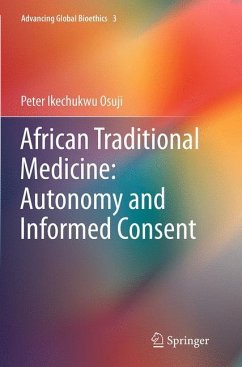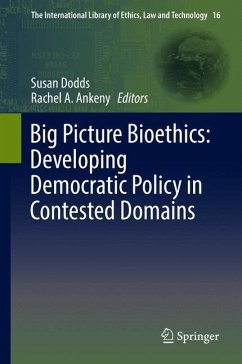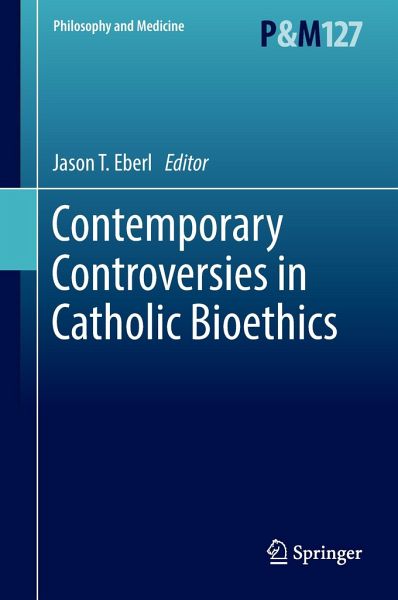
Contemporary Controversies in Catholic Bioethics

PAYBACK Punkte
76 °P sammeln!
This volume comprises various viewpoints representing a Catholic perspective on contemporary practices in medicine and biomedical research. The Roman Catholic Church has had a significant impact upon the formulation and application of moral values and principles to a wide range of controversial issues in bioethics. Catholic leaders, theologians, and bioethicists have elucidated and marshaled arguments to support the Church's definitive positions on several bioethical issues, such as abortion, euthanasia, and reproductive cloning. Not all bioethical issues, however, have been definitively addre...
This volume comprises various viewpoints representing a Catholic perspective on contemporary practices in medicine and biomedical research. The Roman Catholic Church has had a significant impact upon the formulation and application of moral values and principles to a wide range of controversial issues in bioethics. Catholic leaders, theologians, and bioethicists have elucidated and marshaled arguments to support the Church's definitive positions on several bioethical issues, such as abortion, euthanasia, and reproductive cloning. Not all bioethical issues, however, have been definitively addressed by Catholic authorities, and some Church teachings allow for differing applications in diverse circumstances. Moreover, as new biomedical technologies emerge, Church authorities rely on experts in science, medicine, philosophy, theology, law, and other disciplines to advise them. Such experts continue to debate issues related to reproduction, genetics, end-of-life care, and health care policy. This volume will be a valuable resource for scholars in bioethics or Catholic studies, who will benefit from the nuanced arguments offered based on the latest research. This volume is also instructive for students entering the field to become aware of the founding philosophical and theological principles informing the Catholic bioethical worldview.



